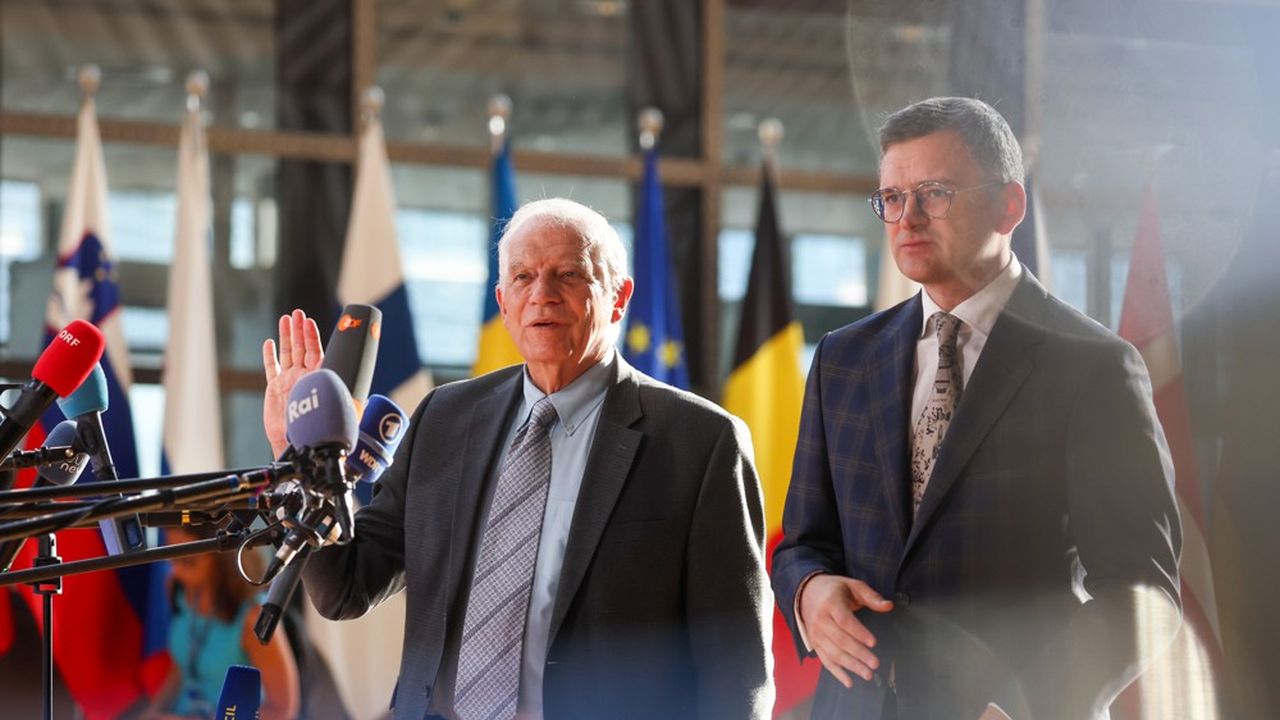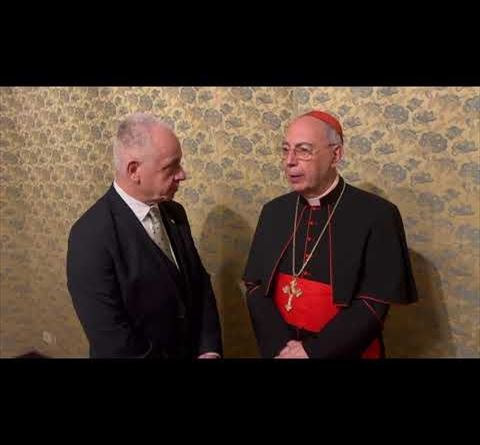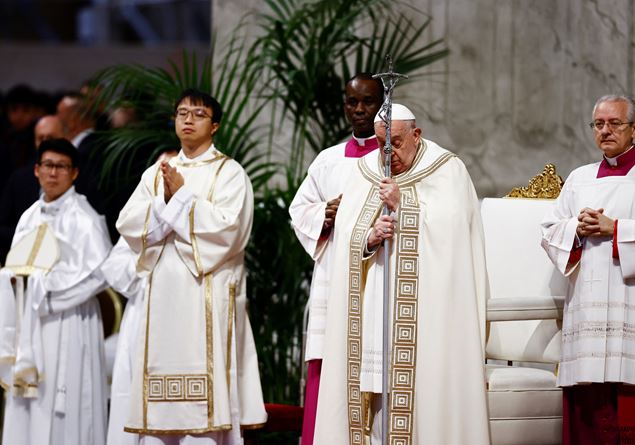
The foreign ministers of the European Union did not meet this Thursday in Budapest, as was planned at the beginning of the Hungarian presidency of the European Union, but in Brussels. This was decided at the end of July by Josep Borrell, the head of European diplomacy, in order to punish the provocations of the Hungarian Prime Minister, Viktor Orban, a few weeks earlier.
While his country had just taken over the six-month rotating presidency of the EU, the “illiberal” leader had led a diplomatic mission “for peace in Ukraine” to Moscow and Beijing, where he had met Vladimir Putin and Xi Jinping. Without warning his European partners or specifying that he had received no mandate from the EU for this surreal tour which had ended in Florida – at Donald Trump’s.
Over the summer, Hungary continued to irritate EU capitals and institutions. In mid-July, Budapest filed an appeal against the European regulation designed to guarantee the protection of journalists and editorial freedom, published in the Official Journal last April. Hungary, which has been undermining the rule of law for years and has significantly reduced pluralism within its borders, is contesting the legal basis chosen by the Commission for this text, partly inspired by… the situation in Hungary.
Espionage threats
The Orban government has also decided to relax the conditions of entry into its territory for workers from several countries including… Russia and its ally Belarus. On July 29, Manfred Weber, president of the conservative group in the European Parliament, the first in the hemicycle, alerted Charles Michel, president of the European Council, to the dangers of such a measure.
According to Manfred Weber, these new rules could create “loopholes for espionage” and “facilitate the movement of Russians in the Schengen area.” The European Commissioner for Home Affairs, Ylva Johansson, has called on Hungary to explain itself, brandishing the threat of sanctions. On July 21, Hungarian Interior Minister Sandor Pinter responded to Brussels that he would keep this simplified regime.
Liberal Oligarchy
On July 27, during a speech at the Balvanyos Summer University in Romania, Viktor Orban detailed his vision for the future of Europe. While he referred to the concept of “strategic autonomy” and called for the strengthening of the European defense industry, he also called for the preservation of national sovereignties in the face of the “liberal oligarchy” in Brussels. Finally, the Prime Minister proposed to Ursula von der Leyen to renew the outgoing Hungarian Commissioner, Oliver Varhelyi, for five years, even though he has been playing a murky game in the Balkans for years.
Suffice to say that the Hungarian question has not finished parasitizing the European debate, including in the matter of assistance to Ukraine. Budapest contests Western aid to kyiv and hinders the functioning of the European Peace Facility, the vehicle of EU aid to Kiev. The invaded country launched an offensive in the Kursk region in Russia at the beginning of August in order to relieve the eastern front.
Delivery delays
The Ukrainian Foreign Minister, invited to the informal Council on Thursday, called on the EU to put pressure on the United States to allow kyiv to use its weapons against critical facilities located deep inside Russian territory. Dmytro Kuleba also deplored the delays in arms deliveries promised to his country.
Finally, while Josep Borrell called on Thursday for sanctions to be imposed against Israeli ministers who, according to him, were guilty of “spreading hatred” against the Palestinians, the Hungarian Minister of Foreign Affairs considered his proposal “dangerous”. He was certainly not the only one to express reservations.







